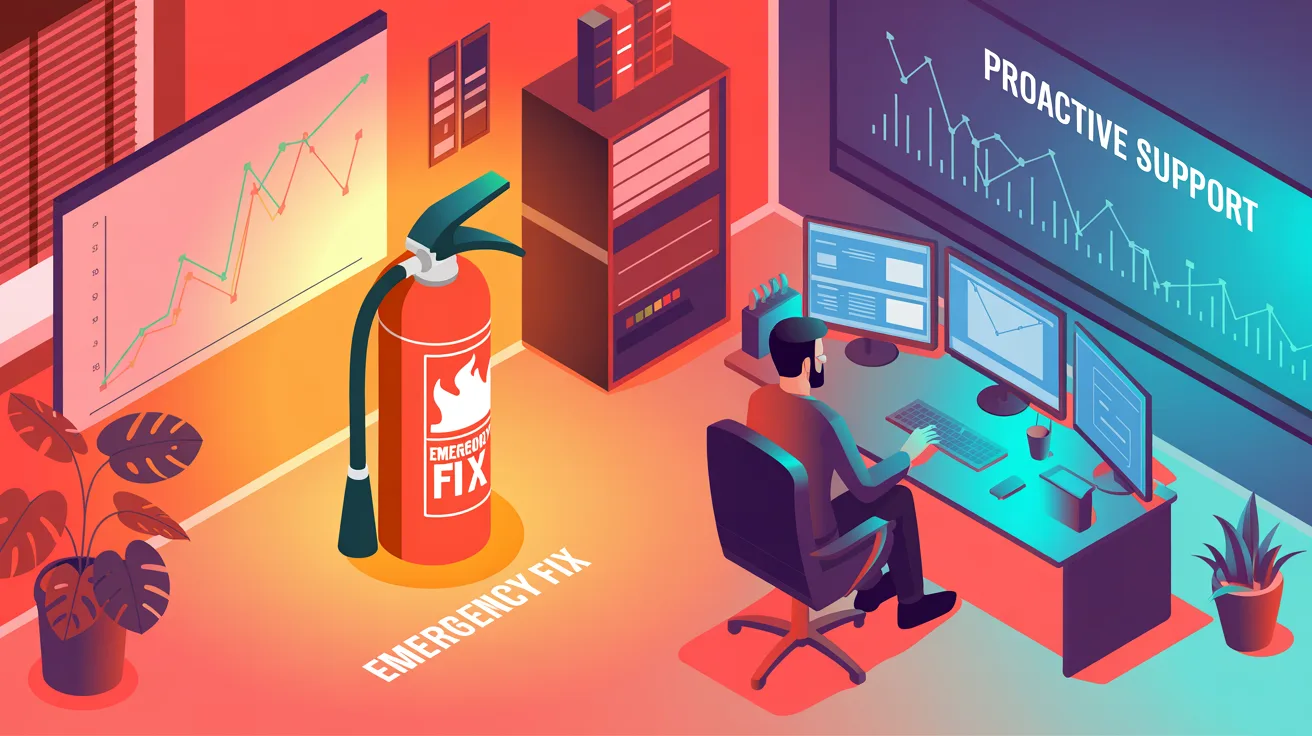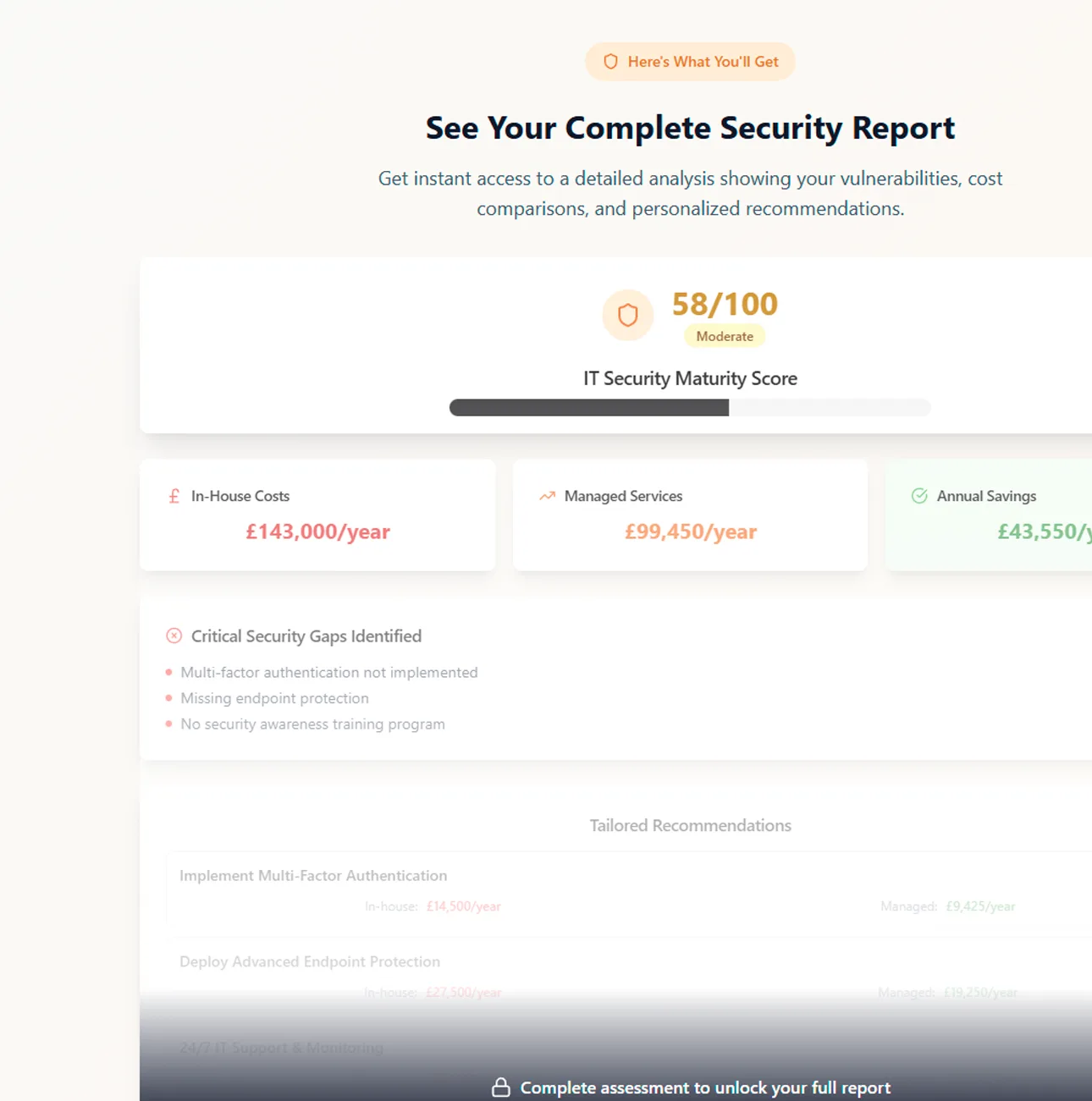
If you’ve been told your current MSP is “proactive,” but all that really means is they run patches and antivirus updates — we need to talk.
At ALTO, we believe proactive support is not a product — it’s a culture. It’s about ownership, not just uptime. It’s about delivering fewer IT interruptions, not just reporting how many tickets were closed.
What Most MSPs Call “Proactive”… Isn’t
Let’s bust a few common myths we hear when onboarding new clients:
What Proactive Support Looks Like at ALTO
We define proactive support as anything that prevents an issue before it impacts your business.
1. Regular Technical Alignment Visits
Our Technology Alignment Manager (TAM) checks your setup against our standards:
We don’t just flag gaps — we fix them or plan remediation into your roadmap.
2. Measuring RHEM — Not Just Ticket Counts
We track Reactive Hours per End User per Month (RHEM) to keep users productive.
Our target: under 15 minutes per user per month.
3. Strategic Quarterly Reviews
Shared planning — not just reporting. These meetings help align IT with your goals and roadmap key changes.
Why This Matters
Proactive IT support helps you:
Why SLAs Don’t Matter as Much as You Think
A lot of IT providers proudly talk about their SLA — “we’ll respond in 15 minutes,” “you’re guaranteed a fix within 4 hours.”
And while those are important when things go wrong, we believe the best support is the kind that prevents the problem in the first place.
At ALTO, our goal is not to beat our SLA — it’s to help you avoid raising a ticket at all.
That’s why we focus on:
If your MSP’s main selling point is how fast they can react, that tells you something:
They’re expecting things to go wrong.
We’d rather be the team that keeps your business quietly running, without the drama of logging urgent tickets every other day.
How to Tell If You’re Getting Proactive Support
Ask your MSP:
If these sound vague, it might be time to rethink your IT partner.
A Final Thought from the ALTO Team
We built ALTO around three values: Supportive. Committed. Authentic.
That doesn’t just apply to our people — it shapes how we support yours.
📞 Book a discovery call: https://calendly.com/brucegskinner/discovery-call
📧 Or drop us a line at: hello@itsalto.com






